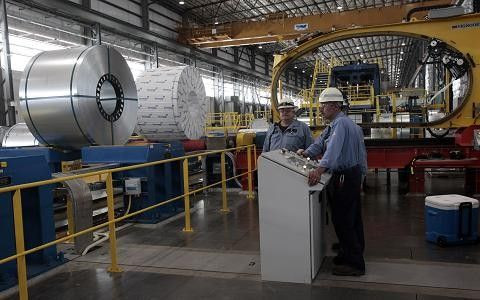GDP Numbers Mean No Change In Nation's 8.2% Jobless Rate: Analysts
Analysis

The U.S. economy grew more slowly in the second quarter than in the previous three months as consumers, struggling with a softening jobs market, spent less, a trend expected to continue into the third quarter and leave the nation's high unemployment unchanged, analysts said.
The Bureau of Economic Analysis said Friday the value of goods and services produced in the U.S. from April through June grew at 1.5 percent, roughly in line with analyst expectations but hardly inspiring.
"That's certainly disappointing given where we are in the recovery," said Gus Faucher, senior macro economist at PNC Financial Services Group. "It's not really strong enough to bring down the unemployment rate. It's definitely a soft quarter. It looks like some of (the second quarter's growth) came from inventories as well and that's a disappointment because that means that underlying demand is even a little bit softer."
The report left some analysts expecting more of the same in the July-through-September period.
"There's no reason to expect anything different in the third quarter, said Steve Blitz, chief economist for ITG. "This is what a low-growth economy looks like. The economy has been losing momentum over the last year. There's nothing here that suggest that the economy is going to get weaker but there's nothing here that suggests the economy is going is going to get better."
PNC's Faucher also said Friday's numbers indicate unemployment will remain unchanged.
"It's not really strong enough to bring down the unemployment rate," he said. "It's definitely a soft quarter. It looks like some of (the second quarter's growth) came from inventories as well and that's a disappointment because that means that underlying demand is even a little bit softer."
© Copyright IBTimes 2025. All rights reserved.






















